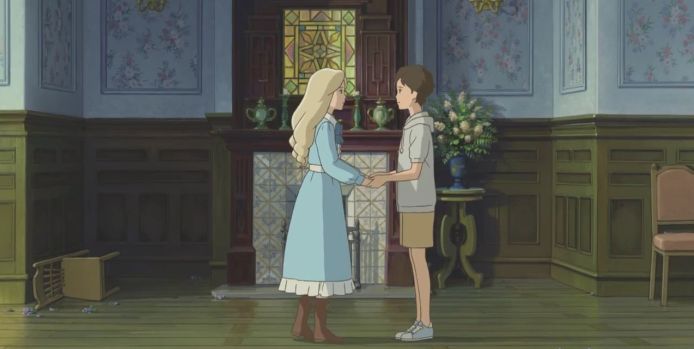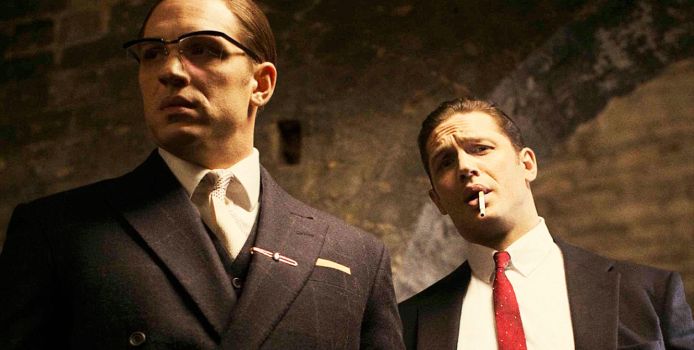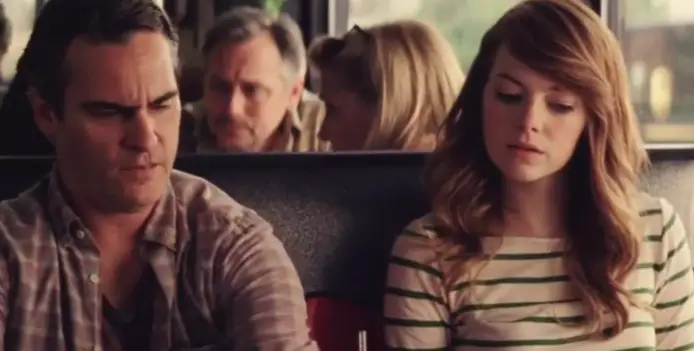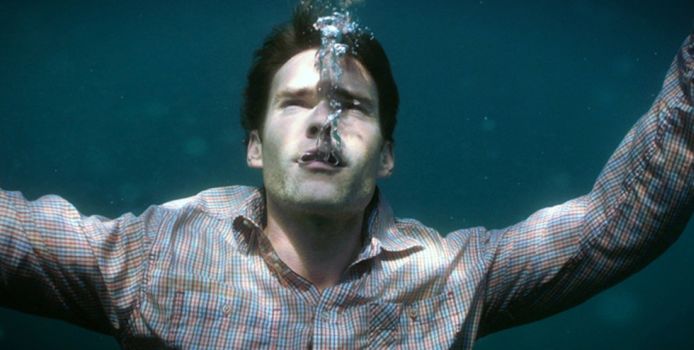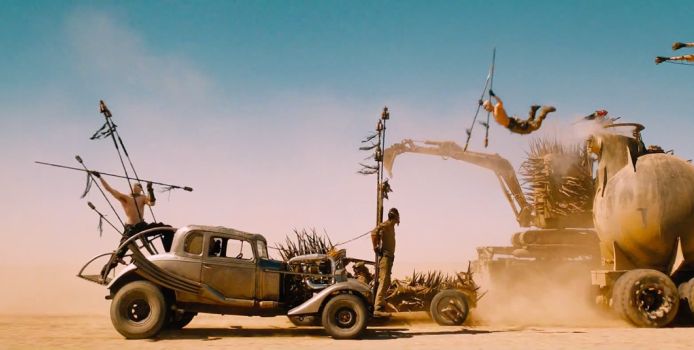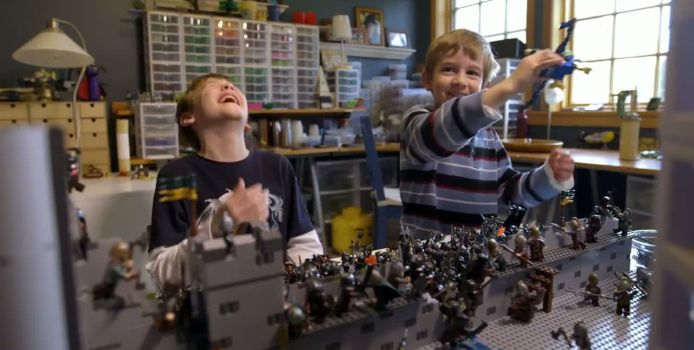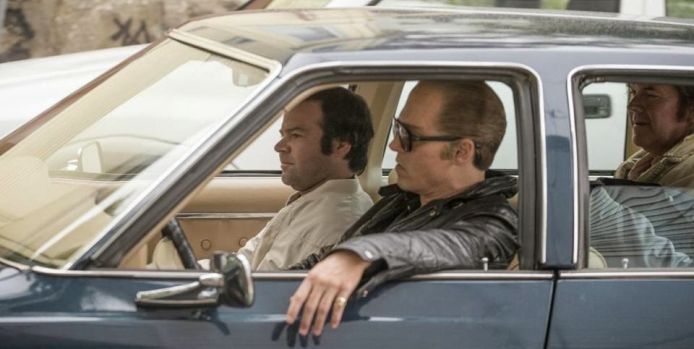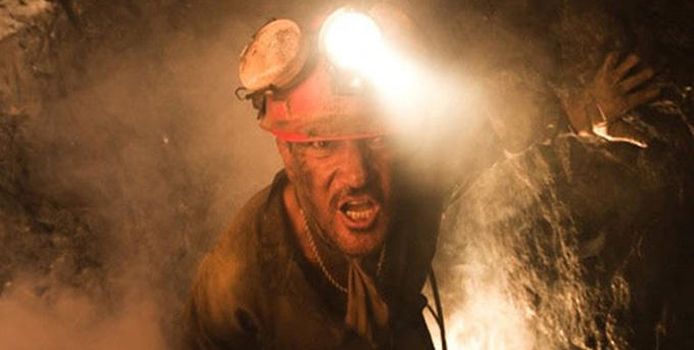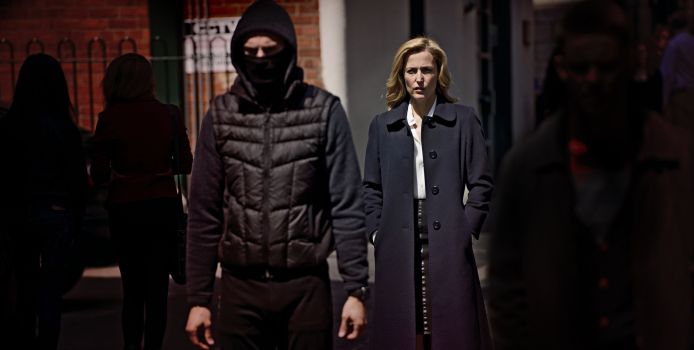
I was watching the North Irish TV show The Fall a while ago and it struck me how handsome Jamie Dornan is, and how fascinating it is that the creators of the show cast him for the role of the sexual predator and serial killer, the villain of the story. In typical crime films and TV, the average sexual predator is portrayed to be a pretty average if not ugly guy, around or older than 40, and if he’s fat, he preferably has a constant sheen of sweat over his forehead. Someone who kind of grosses you out.
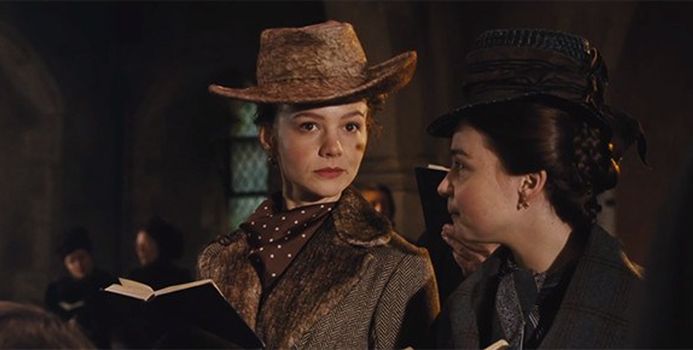
Every now and again, a movie adaptation of a novel is made by the perfect directorial fit for the source material, that helps it stay true to the original text and create a new visionary approach that helps it stand on its own two feet as a distinctive work of art. Danish director Thomas Vinterberg has had an eclectic career, yet is mainly renowned for his two emotionally fraught dramas about the devastating effects of child abuse, his 1998 debut Festen (The Celebration) and his previous feature, 2012’s magnificent The Hunt. These movies are excellent in how they don’t spare the viewer from the histrionic emotions that engulf the characters and completely ruin their lives – The Hunt, starring the always-fantastic Mads Mikkelsen as a primary school teacher wrongly accused of abusing a pupil, could easily draw comparisons with Thomas Hardy.
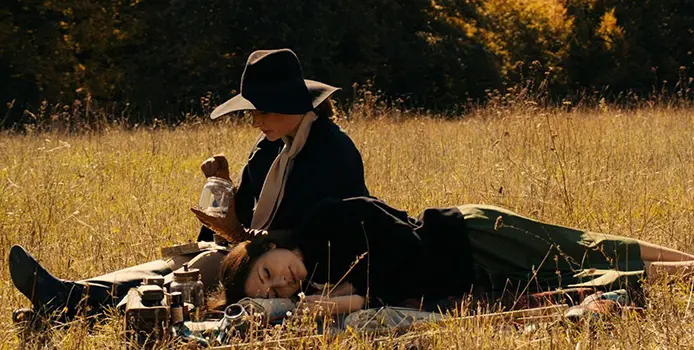
The Duke of Burgundy is that rare thing that almost every movie promises, yet fails to deliver: it is something that you’ve never seen before. It manages to say something universal about the politics and gender roles of relationships using the guise of lesbian sadomasochism, a subject I assume will be entirely alien to most viewers.
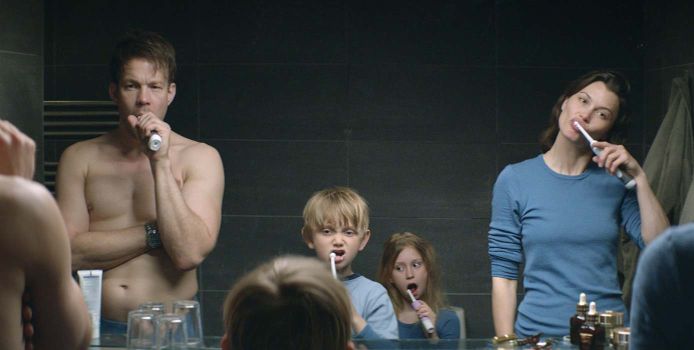
Fun relies on spontaneity. If you over-plan something, the less likely it is that people are going to have fun, because nothing will ever live up to expectations. Happiness equally relies on spontaneity and equally cannot be forced; the family in Force Majeure appear to be happy as the movie starts, yet look closely and you’ll see everything isn’t so straightforward.
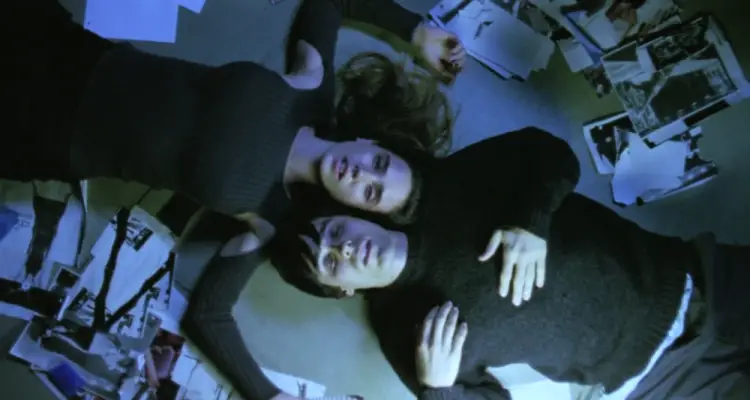
Last month Film Inquiry contributor Rachael Sampson reviewed The New York Film Academy’s newly released infographic exploring gender representation in cinema. In addition to this infographic, the NYFA also published statistics on the portrayal of drugs in movies from 1894 to 2014 for us to review. I’ve always been interested in how society’s feelings towards something considered more ‘taboo’ like drugs is mirrored, if at all, in pop culture, especially in the context of film.


